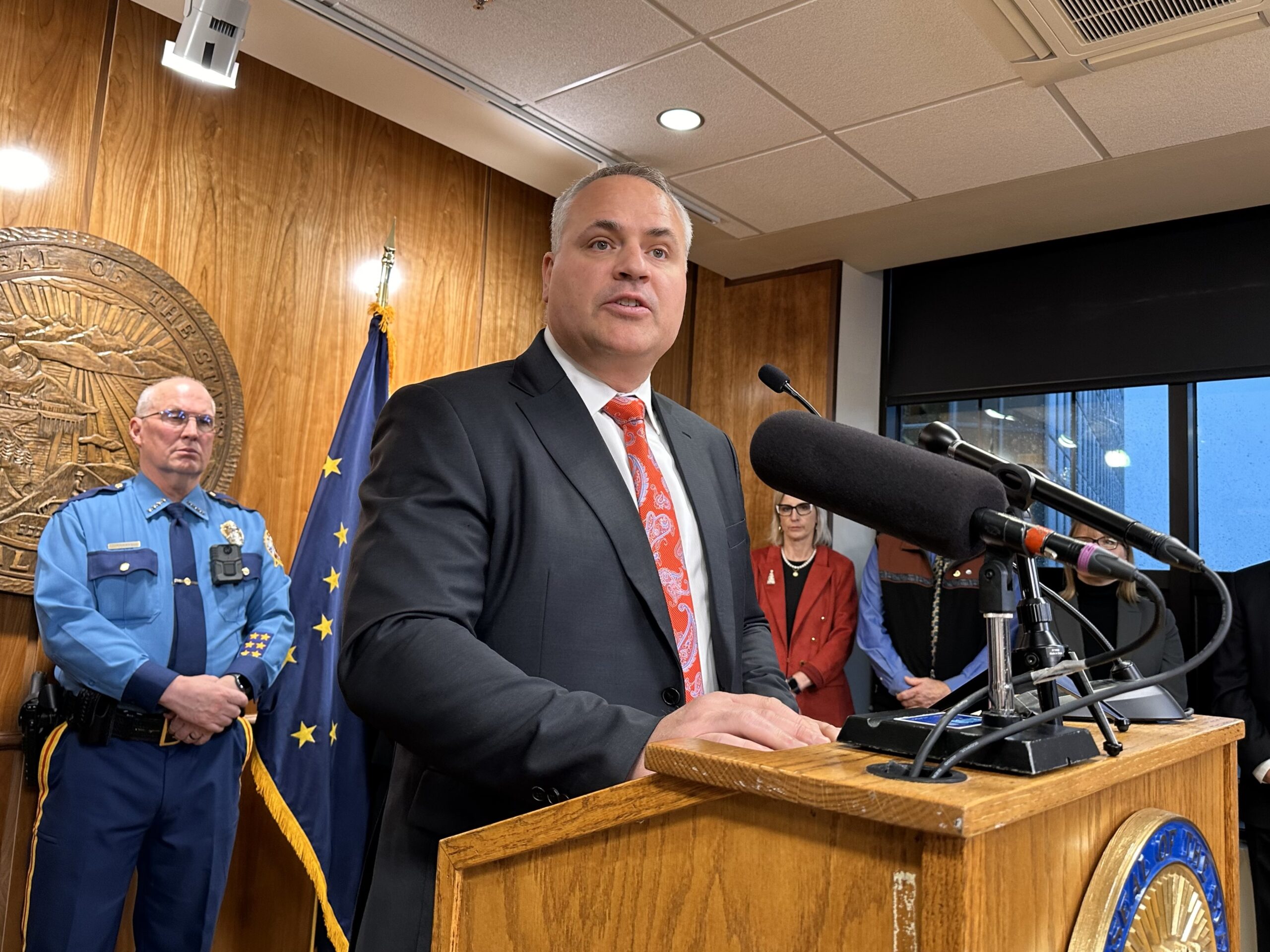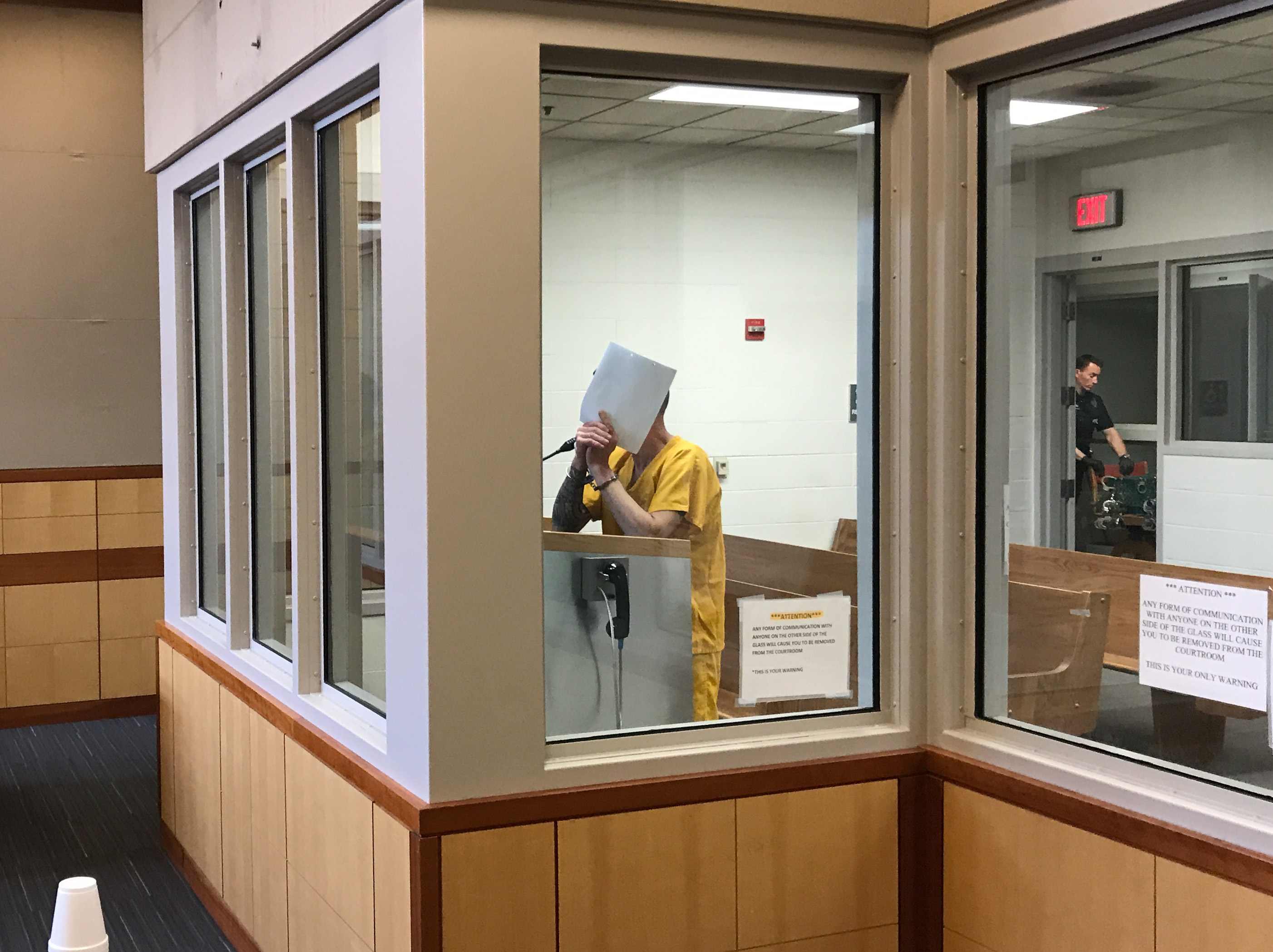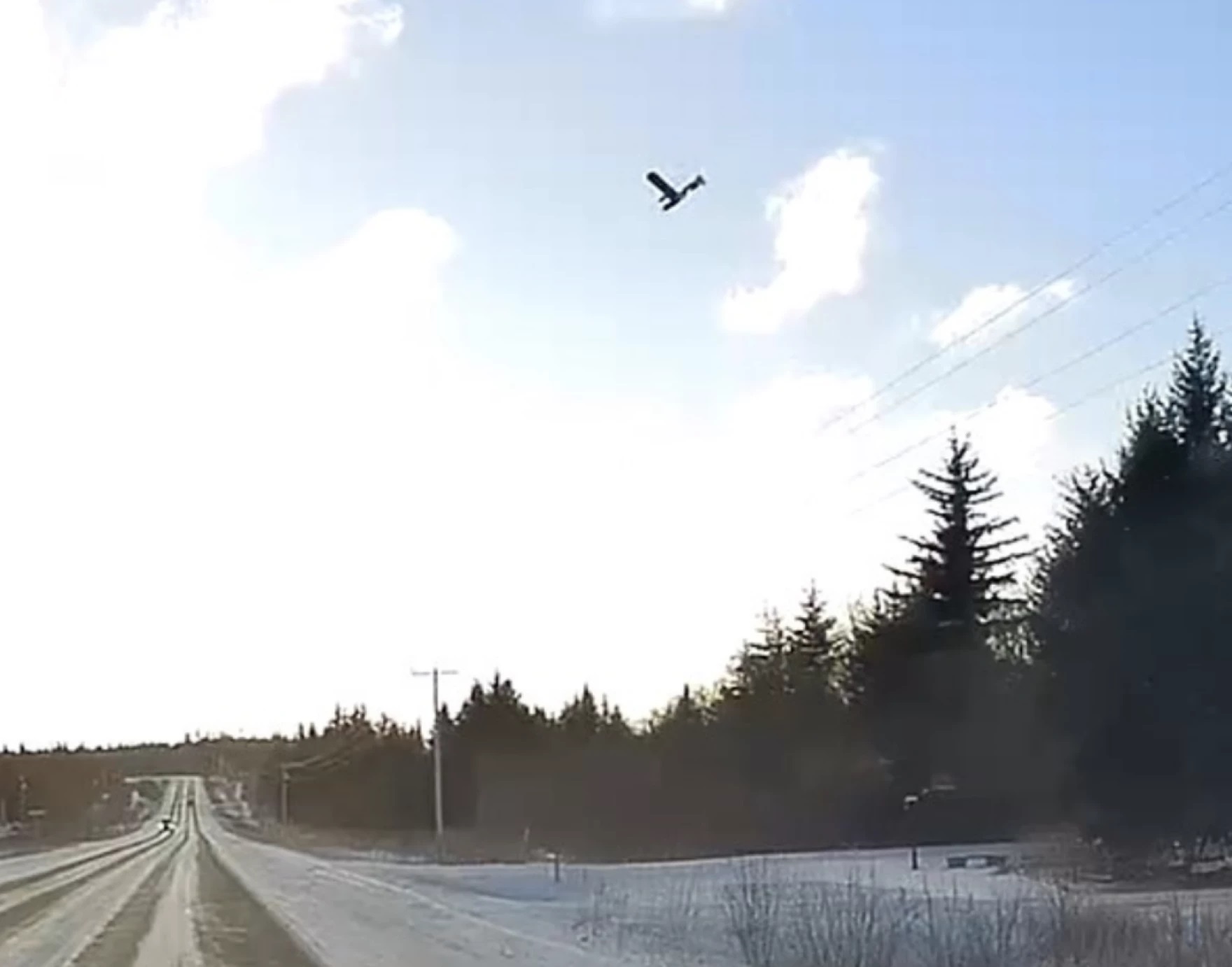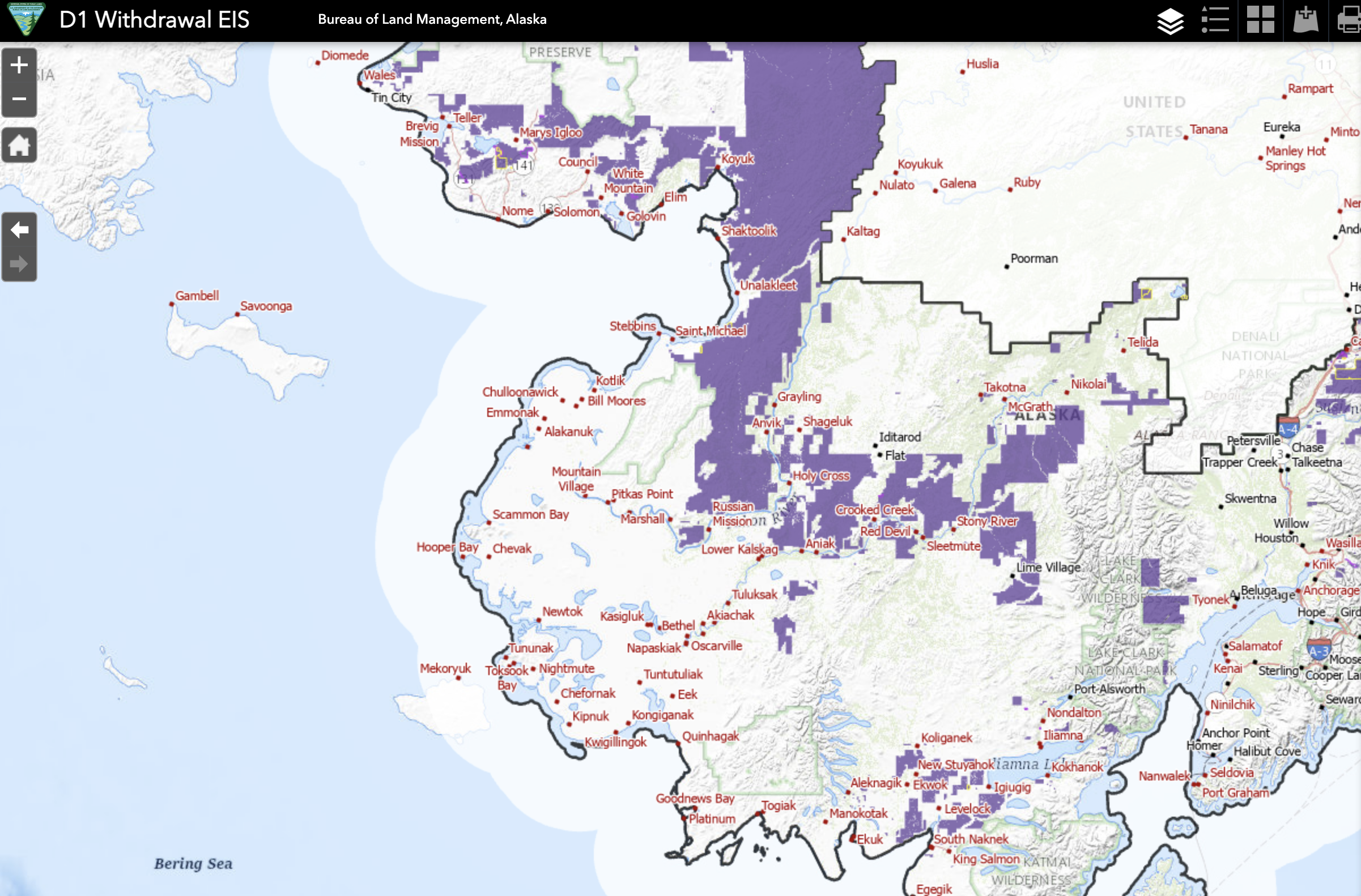Attorney General Treg Taylor has cast the growing volume of litigation as a response to threats from the federal government and outside groups.
 Alaska Attorney General Treg Taylor speaks at a news conference at the Capitol on Dec. 14, 2023. (Eric Stone/Alaska Public Media)
Alaska Attorney General Treg Taylor speaks at a news conference at the Capitol on Dec. 14, 2023. (Eric Stone/Alaska Public Media)
This year, the state has sued over a scuttled King Cove access road, challenged federal authority to regulate fishing on the Kuskokwim River, joined a suit challenging limits on so-called “ghost guns” and asked a judge to force the EPA to update its standards for wood stoves.
The state’s latest foray into federal court challenges a Biden administration regulation requiring states to set goals for reducing carbon emissions. Alaska is among the 21 Republican-led states suing federal officials over the rule.
The Federal Highway Administration rule is part of the Biden administration’s efforts to cut carbon emissions and transition to cleaner fuels. In a statement, Attorney General Treg Taylor said the administration overstepped its legal authority in the absence of action by Congress.
“Biden has made repeated attempts to use federal agencies to carry out his wishes when the law doesn’t support his extreme green agenda,” Taylor said in a statement issued Dec. 21, shortly after the lawsuit was filed.
The Biden administration has yet to respond to the case filed in federal court in western Kentucky.
It’s far from the only tangle the state of Alaska has had with the feds this year. At a news conference earlier this month, Taylor said the growing volume of litigation was an effort to defend against what he cast as threats from the federal government and advocacy groups.
“The reality is, we could sit back and allow the federal government, outside groups and bureaucrats in Washington, D.C. to dictate how we live in Alaska and how we support our families, or we can push back and fight for our sovereignty to fight for our right of self-determination, our right to do the right and responsible thing for Alaskans,” Taylor said at an event announcing Gov. Mike Dunleavy’s budget proposal, which includes $2 million for what the administration calls “statehood defense.”
The Department of Law declined to provide a current list of the state’s federal cases, instead providing a document last updated in February.
Among some notable cases from this past year, the state sued the Biden administration after it reversed a Trump-era change and reinstated the Roadless Rule in January 2023.
The Roadless Rule restricts resource development and road-building in untrammeled areas of Southeast Alaska’s Tongass National Forest. Conservationists say the rule helps protect against climate change, but state officials argue the rule change was arbitrary and restricts economic development.
The parties are due to submit briefs in district court by next March.
In another case over natural resources, the state appealed the EPA’s decision to effectively kill the proposed Pebble Mine near Bristol Bay over concerns the copper and gold prospect could damage the world’s largest wild salmon run.
The state is requesting to take the case directly to the U.S. Supreme Court, with the latest filing in November.
One of the state’s notable recent legal victories came this summer in a closely-watched case that threatened to derail the prime summer king salmon commercial fishery in Southeast Alaska. The Wild Fish Conservancy, an environmental advocacy group, argued in a Washington state federal court that the fishery illegally harmed Puget Sound killer whales.
After the district court agreed to place the fishery on hold as the case worked its way through the system, state officials and commercial fishing advocates successfully urged the Ninth Circuit Court of Appeals to lift the hold and allow fishing to proceed.
In another clash with the federal government, state officials are challenging a petition to place land owned by a tribal government into federal trust, limiting state authority over the land. The state argued in a June filing for summary judgment that the land-into-trust process violates the Alaska Native Claims Settlement Act.
The state is also defending its positions on cases in federal court, including a class-action suit over the state’s food stamp backlog.
The state and the plaintiffs agreed to put the case on hold for six months in May after the state promised to cut the backlog in half. But that hold ran out in November, and the food stamp applicants are looking to revive the suit.
In court filings, the state argues that the federal Food and Nutrition Service, which oversees the program, is already working with state officials to work through the backlog. They argue a court case could undermine the agency’s progress and are asking for another six-month stay.
The plaintiffs say the state didn’t hold up its end of the bargain, and the backlog has grown. They say the state has been subject to federal oversight for years and has yet to fix the problem.
A decision from Anchorage-based U.S. District Judge Sharon Gleason is expected in the new year.













